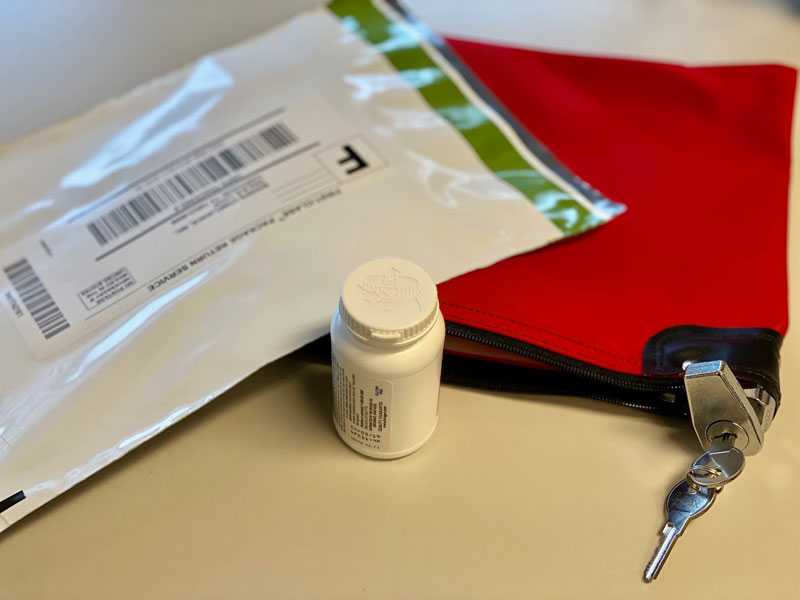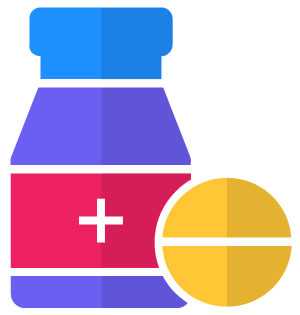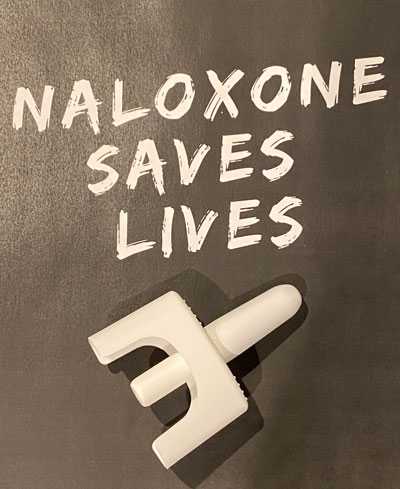Your Choices Matter
Protect your family by storing current medications in a locking container and keeping track of the number of pills on hand. And when medicines are no longer needed, you can now safely dispose of them through the US Mail with a medication return envelope. These steps help prevent poisoning and misuse.
Made possible by funding from the Washington State Health Care Authority

What else can I do to protect myself and my family?
- Talk to your medical or dental provider about other options for managing pain.
- Learn the facts about your medications and their risk for addiction and overdose.
- Store medicines in a locking cabinet, box, or bag and keep the key securely in another location.
- Keep an inventory of current medications to be aware if something goes missing.
- Never share your prescriptions with others.
- Safeguard your kids by talking openly with them about your family’s policy on drugs and medications of all kinds.

Safe Medication Disposal
Help prevent accidental poisoning and intentional misuse of medications by disposing of unused prescription drugs. Year-round disposal sites are available throughout the county.
Find locations to safely dispose of them near you by visiting: med-project.org
Overdose Response
If you suspect someone is experiencing an overdose, call 911
An overdose can happen from any type of opioid use: legal and illegal, prescribed or not. If someone takes more opioids than their body can handle, they can pass out, stop breathing, and even die. Overdose can happen in minutes, or even hours, but we need to recognize when it is happening and act fast to save a life.
Signs of Overdose Include:
-
blue or ashy lips or fingernails
-
pale/cool/clammy skin
-
gurgling/gasping/snoring
-
pinpoint pupils
-
pills or needles on the scene
-
unconscious/won’t wake up
Opioid overdose reversal medication

It is legal for anyone to carry and administer naloxone (aka Narcan®) in Washington State. On August 28, the State Health Officer issued a statewide standing order for naloxone that “shall be considered a naloxone prescription for an eligible person or entity. This standing order authorizes any eligible person or entity in the state of Washington to possess, store, deliver, distribute or administer naloxone.”
Naloxone is available at most pharmacies and may be covered by your insurance. Call ahead to check availability and pricing. Learn more about how to use naloxone in this helpful fact sheet.
If you or someone you love is at risk for opioid overdose, we may be able to provide FREE intranasal Narcan® through a partnership with the Washington State Department of Health. Contact Elizabeth.Ruth@UnitedGeneral.org for more information.
NEED HELP? Treatment works
Call the Washington Recovery Help Line 1-866-789-1511 for 24/7 support
Opioid Misuse Prevention Resources
See the schedule and locations for the Skagit County Mobile Syringe Exchange Program.
Get the fact sheet from the Washington State Department of Health
Get the fact sheet from the Washington Health Alliance and the Bree Collaborative
Visit Med-Project.org to find a safe medication return location.
Visit the Starts with One website for ways to prevent opioid misuse. Opioids are now one of the leading causes of injury-related deaths in Washington State. More people die from overdose than from car crashes. The Starts with One campaign is designed to inform and educate young adults, their parents, and older adults about the dangers of prescription drug misuse and the importance of safe storage, use, and disposal. This campaign is funded by the Washington State Health Care Authority (HCA).
Learn about overdose risks, signs, and how you can help in an emergency. Visit stopoverdose.org.
It might seem daunting to start a conversation with a friend about the dangers of opioids. Visit the conversation starters page on the Starts with One website for ideas on how to broach the subject.
Learn more about substance use disorder, prevention, and treatment. Visit SkagitRising.org today.


